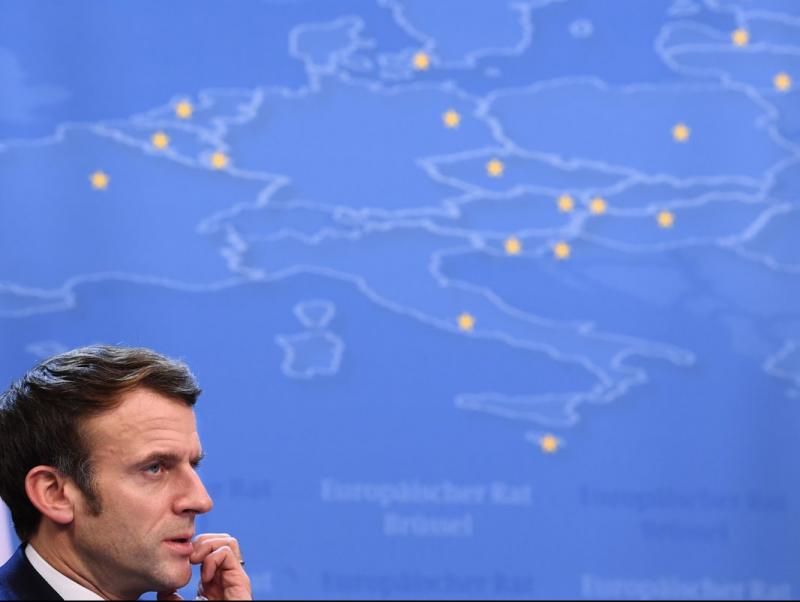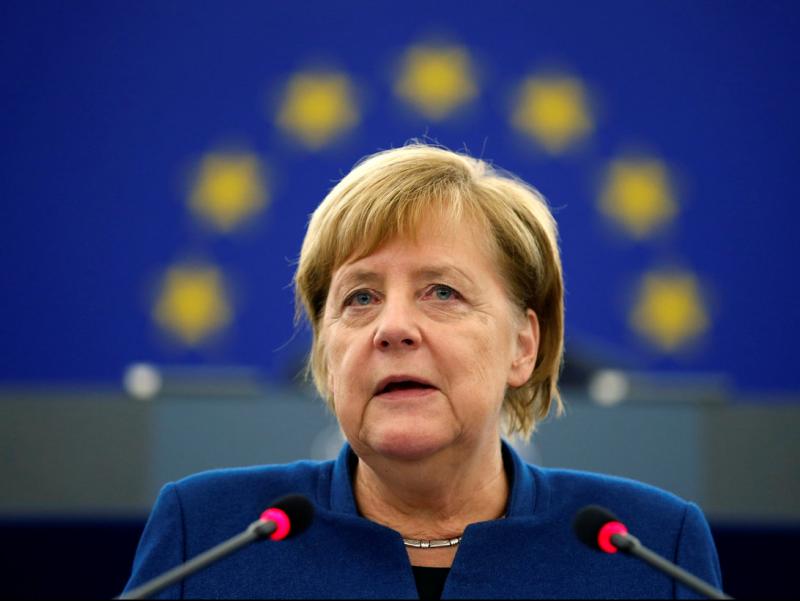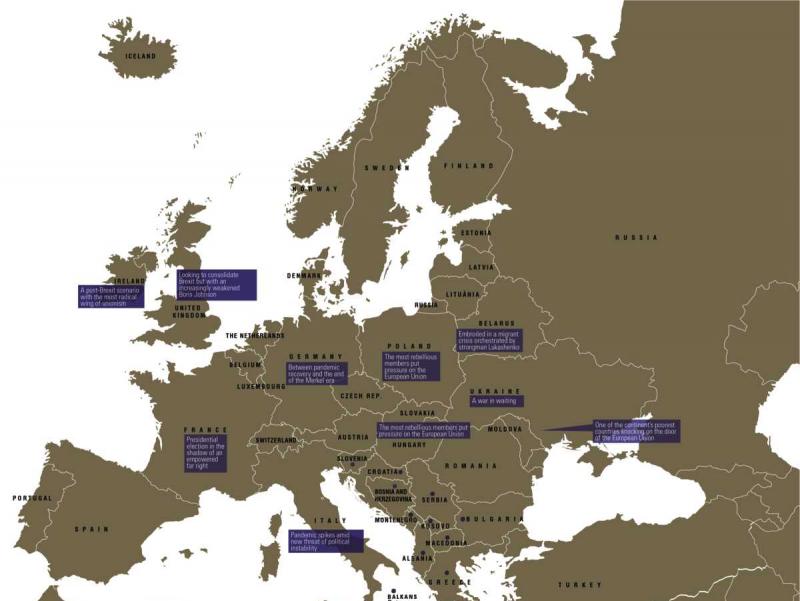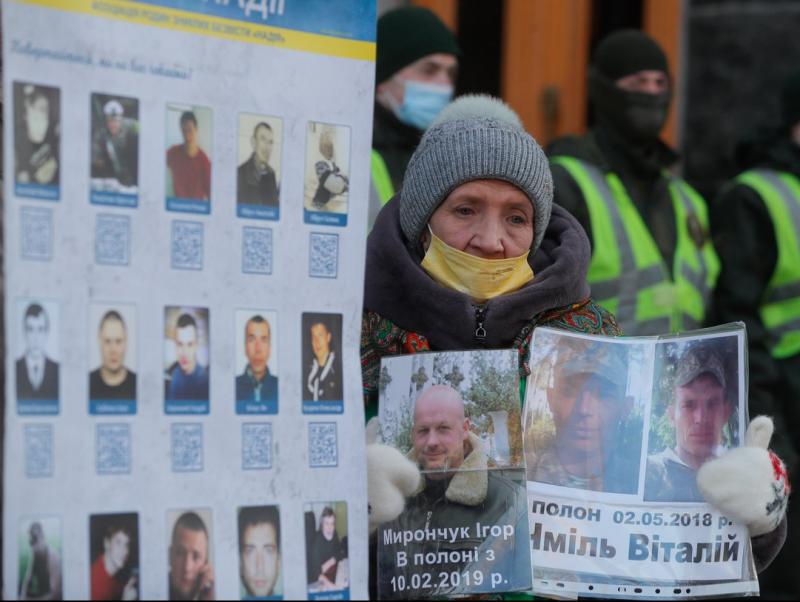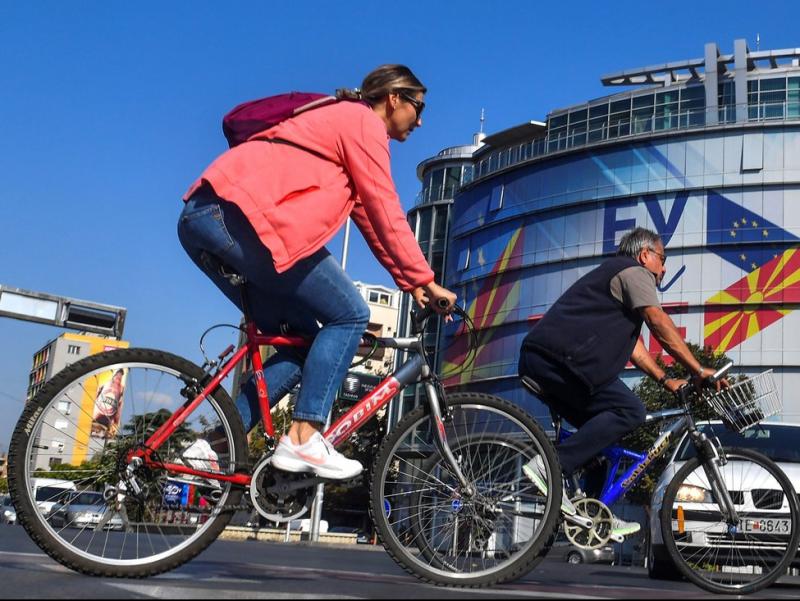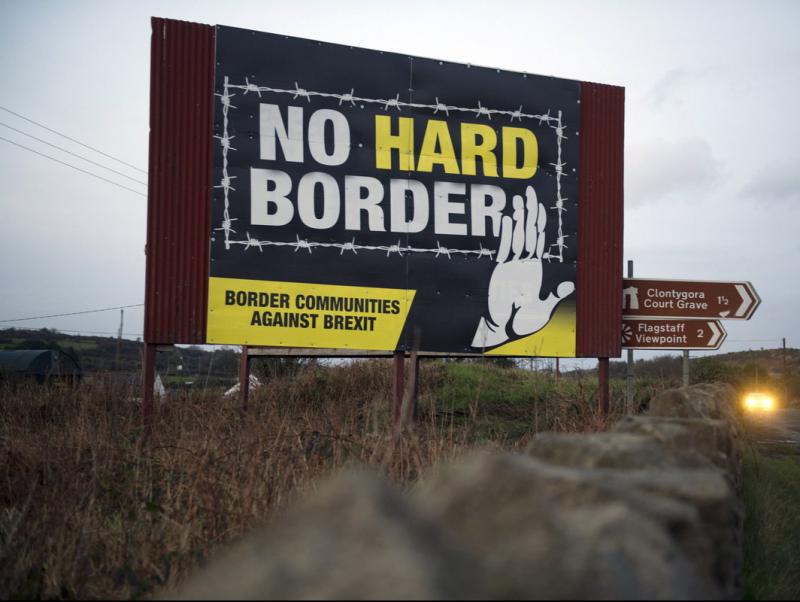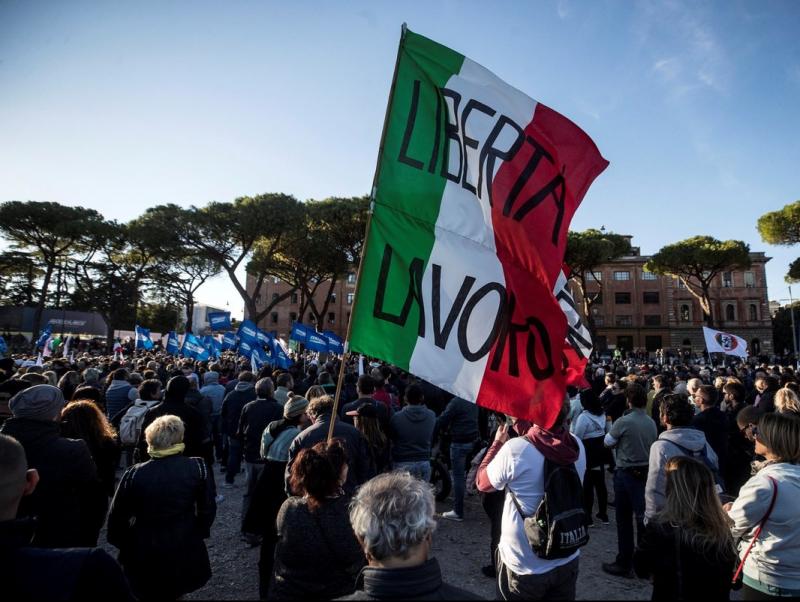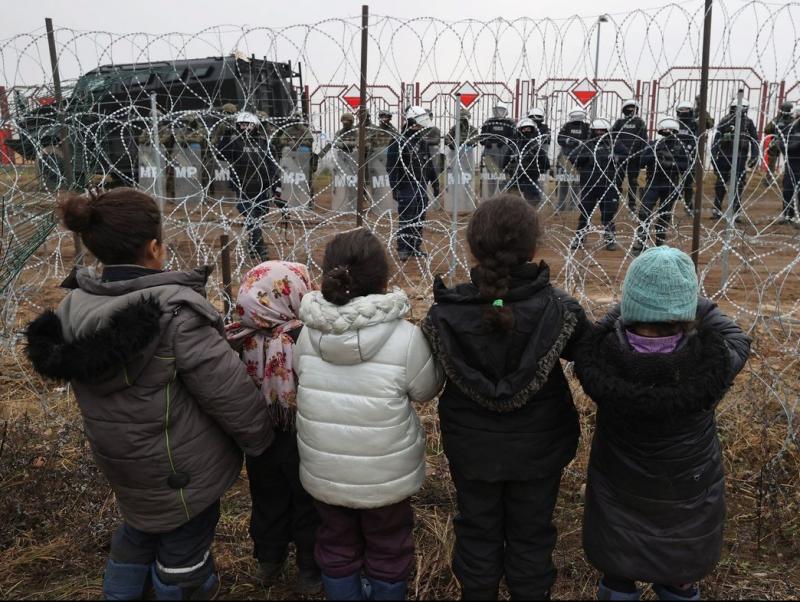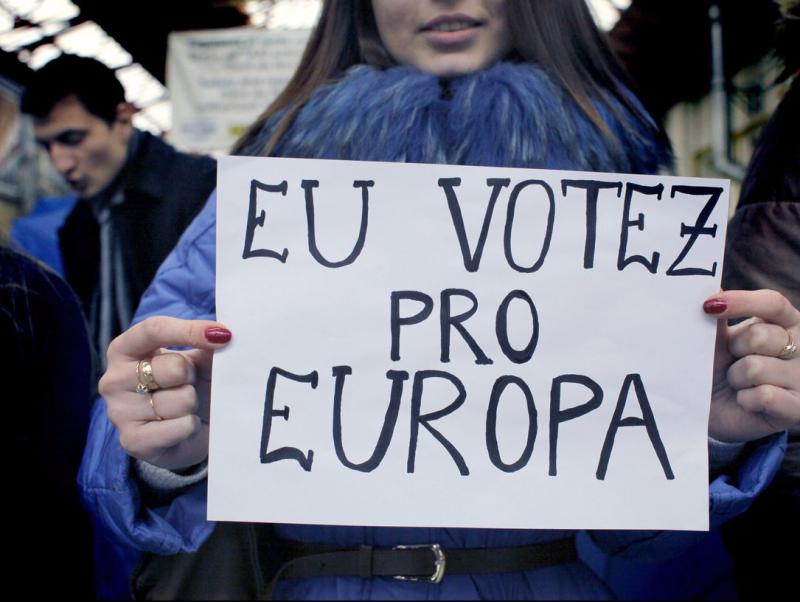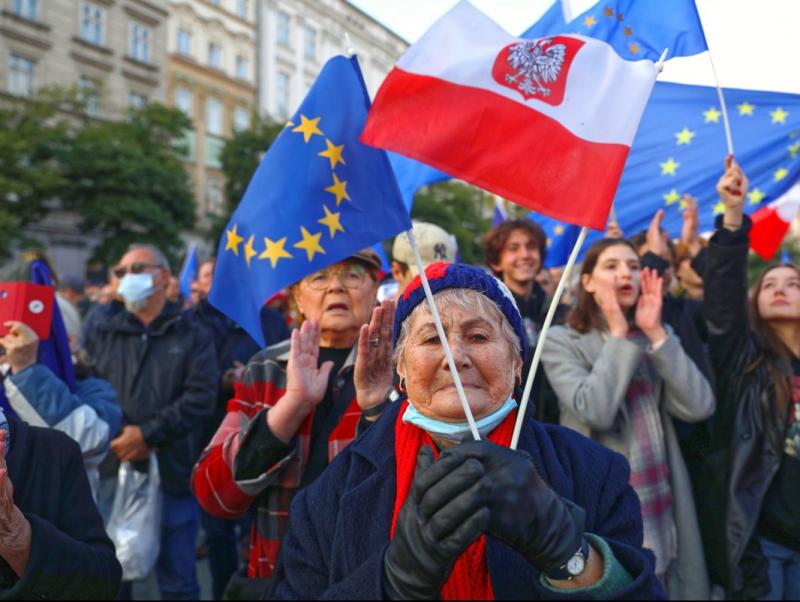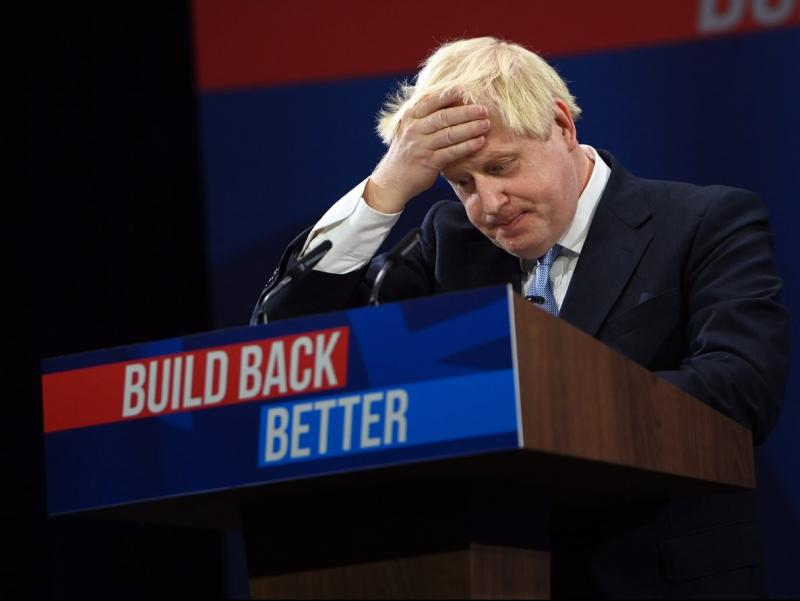Looking to consolidate Brexit under a PM on the ropes
The UK is struggling to find its feet after leaving the European Union, while Boris Johnson’s position is increasingly weak
The first year of Brexit has hardly been a victory lap. The United Kingdom formally left the European Union on January 31, 2021, in the midst of a wave of coronavirus infections. The biggest pessimist could never have foreseen what the UK is now facing, but the fact that products such as petrol have become scarce has worried even the staunchest supporters of Brexit.
Disengaging from Brussels has brought in new customs protocols that have led to thousands of products piling up in British ports. The new rules have also made it harder for people without a British passport to enter the country, which is why many companies have staff shortages. The latest figures from the National Statistics Institute show that a million people have left the UK in recent months due to restricted living and working conditions in the country, while the pandemic has forced others to leave.
The economic and logistical crisis – which the British government is confident will ease in the coming months – is compounded by a social crisis. Most Brexit supporters live in cities of fewer than 100,000 inhabitants, where ties with Brussels were generally viewed negatively. The argument of Brexiters calling for the UK to regain sovereignty and end dependence on the EU found favour in rural areas especially. In London and other big cities, the situation was very different, causing deep splits in British society.
With Prime Minister Boris Johnson increasingly weakened, the country is facing the second year of its solo adventure with misgivings about the departure emerging in the country’s different nations: Scotland is proposing a new independence referendum for 2023 after most people there voted to remain. Paradoxically, independence could be a way back into the EU for the Scots.
The other focus of tension is Northern Ireland. The return of borders on the island has revived old conflicts and led to violence. Talk about borders has meant a return to earlier times, with supporters of Ireland’s reunification in conflict with those who are pro-British and think the Brexit withdrawal agreement was too soft.
feature european union


